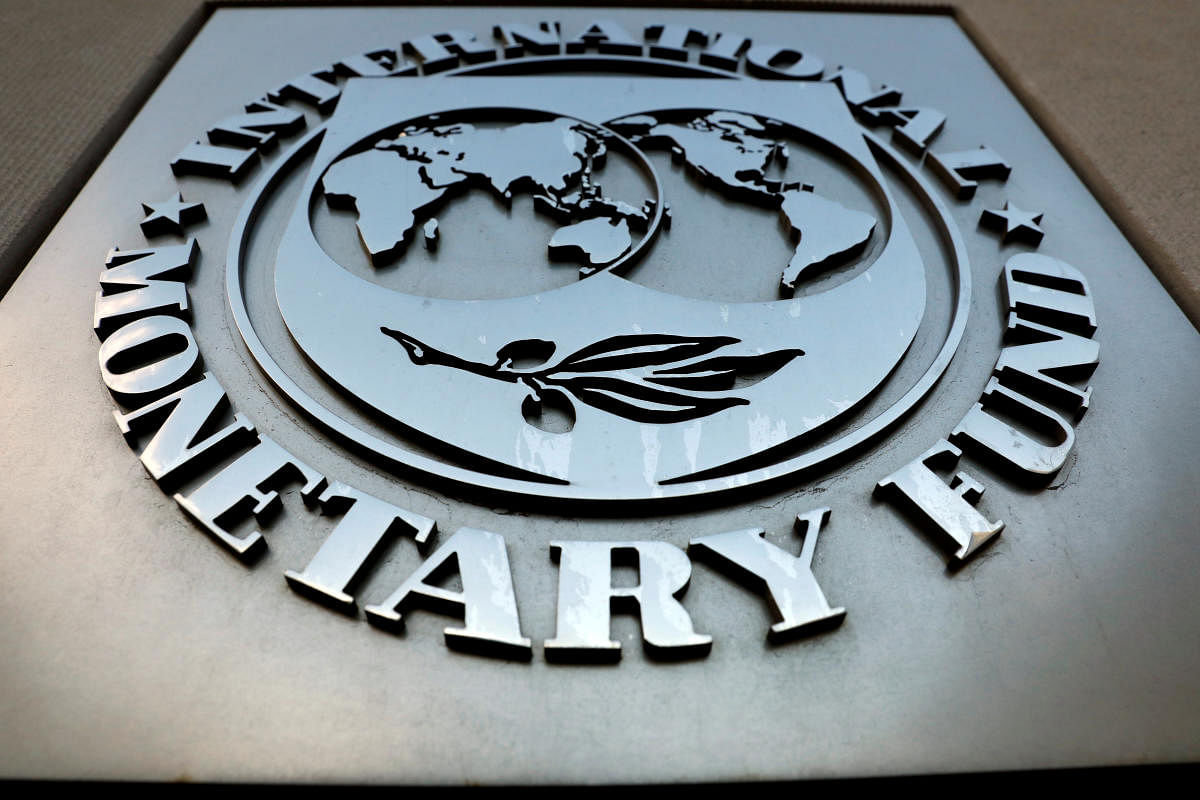Jordanian officials reached an agreement with the International Monetary Fund on a $1.3 billion, four-year aid program to help authorities stabilize the economy, the IMF announced Thursday.
The loan, which must be approved by the board of the Washington-based crisis lender, will help the government bring down public debt and spending gradually while supporting economic growth, as the country hosts an influx of Syrian refugees, the IMF said in a statement.
The aid program "will reinforce the authorities' ambitious macroeconomic and structural reform agenda for the next four years," IMF mission chief Chris Jarvis said.
The government program is focused on "enhancing the conditions for more inclusive economic growth, particularly in light of the challenges posed by ongoing regional conflict and uncertainty," he said.
That includes steps to reduce tax evasion and improve the investment climate, while boosting growth. Among the key reforms the government will reduce electricity prices for businesses and shift household subsidies to benefit "only to those who need it," Jarvis said.
"In addition, the authorities will introduce measures to help young people and women enter the labor force."
GDP growth is projected to reach 2.1 percent in 2020 and increase gradually in the coming years to 3.3 percent. Inflation will remain subdued in 2020, at under 1 percent, but is expected to rise 2.5 percent over the next few years, he said.
